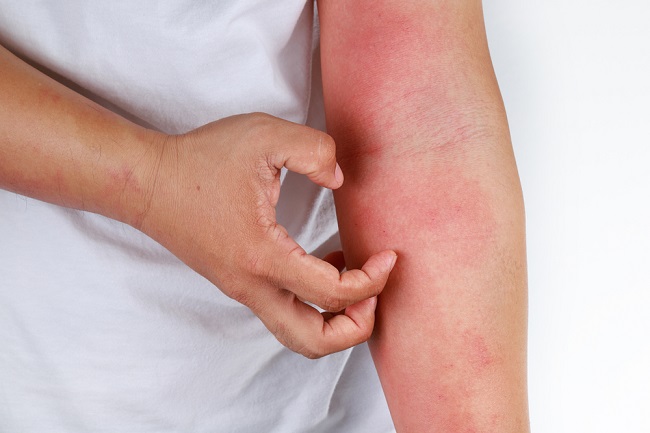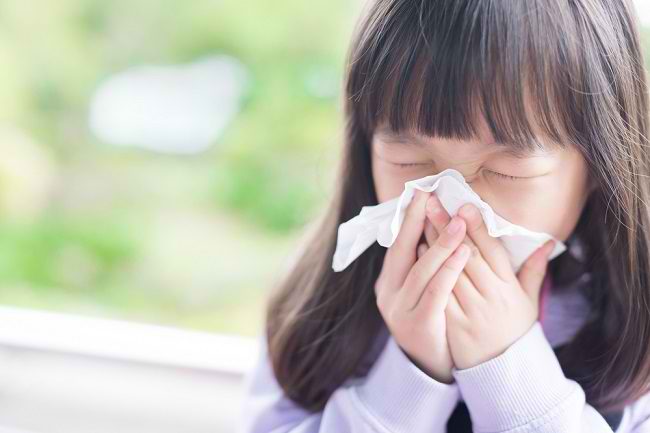Awareness of sanitation is still low in the community, can trigger environmental pollution, decline in health quality, to the spread of infectious diseases. Therefore, sanitation must start from changing your own behavior.
Basically, sanitation can be defined as the ability to maintain cleanliness and proper toileting. More broadly, sanitation also refers to the maintenance of hygienic conditions through services such as waste collection, wastewater treatment and disposal, and industrial hazardous waste management.

Easy Sanitation Implementation You Do
Poor sanitation is closely related to the transmission of various diseases such as cholera, diarrhea, dysentery, hepatitis A, typhoid, polio, intestinal worms, schistosomiasis (a disease caused by parasitic worms), trachoma (a bacterial infection that attacks the eyes), and malnutrition. This is what makes sanitation and hygiene so important to the health, development and survival of all members of society.
You can start sanitation from yourself to support hygiene and health patterns, as follows:
- Always wash your handsDoctors recommend always washing hands after urinating or after coming into contact with other body fluids, such as urine, vomit, nasal discharge or saliva. It is also important to wash your hands after cleaning any area of the bathroom. In addition, wash your hands before and after eating, and after using vehicles or public facilities. Proper hand washing with soap is known to reduce the risk of diarrheal disease.
- Regularly cleaning the bathroomParts of the bathroom that need to be cleaned regularly, ranging from tubs, toilets, sinks, showers (shower), bathroom walls and floors. You can use a suitable cleaning agent to get rid of germs in the bathroom, at least once a month.
- Avoid piles of garbageWaste management is actually not only part of the task of local authorities, but it is also the responsibility of the community as a whole. You can start from small things first, such as throwing garbage in its place, then it is necessary to arrange garbage disposal both inside and outside the house so that it doesn't pile up. That's because the accumulated garbage triggers the emergence of disease.
- Maintain personal hygieneMaintaining personal hygiene is not only a routine bath every day, but also applies to the clean clothes you wear, the nutritious food and drinks you consume, as well as the environment and healthy lifestyle that you live.
Everyone is expected to have access to adequate sanitation. To achieve this requires the cooperation of all members of the community. You can start with the sanitation steps above from yourself and your family.









